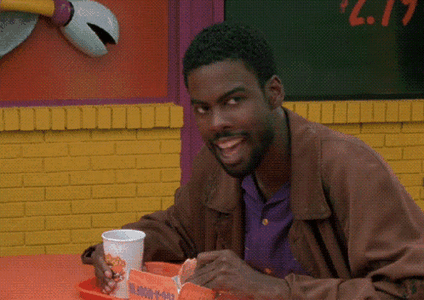You can identify as intelligent but you sure as fuck ain't that either.
Why do you doubt medical science on this? Are there other areas where you think doctors are full of shit? Like, if you go see the doctor for a heart issue and he prescribes beta blockers or statins, do you say, "you live in a fantasy world motherfucker?" Or it just this one issue? If it's just this one issue, then it's not just skepticism -- you are actively asserting that you know more about the human body than doctors.
Which makes you a grade A moron.



